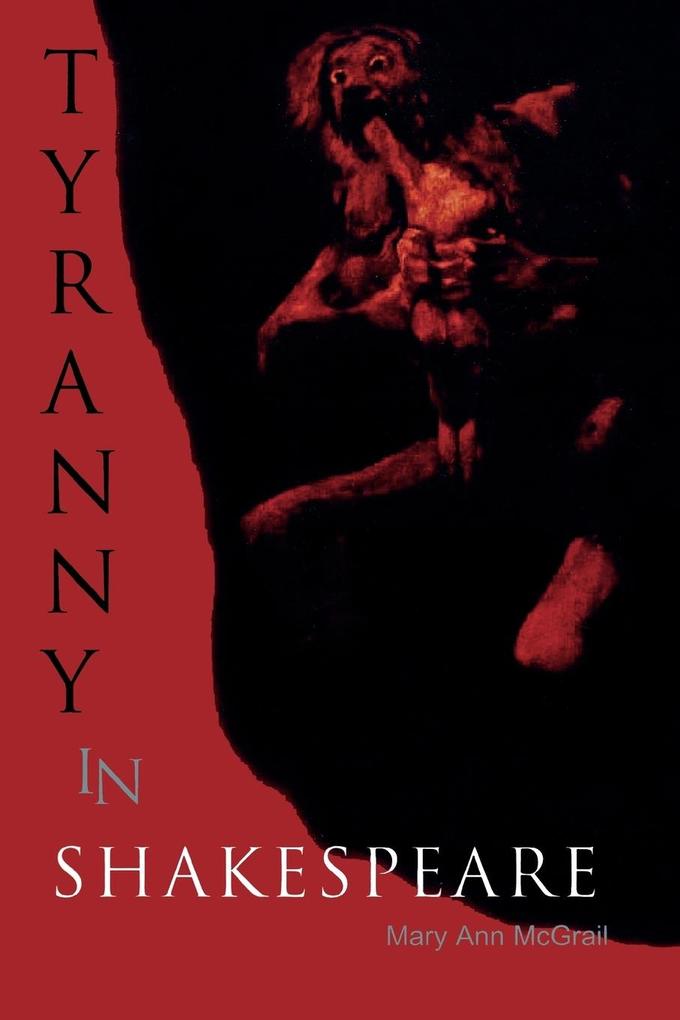Even the most explicitly political contemporary approaches to Shakespeare have been uninterested by his tyrants as such. But for Shakespeare, rather than a historical curiosity or psychological aberration, tyranny is a perpetual political and human problem. Mary Ann McGrail's recovery of the playwright's perspective challenges the grounds of this modern critical silence. She locates Shakespeare's expansive definition of tyranny between the definitions accepted by classical and modern political philosophy.
Inhaltsverzeichnis
Chapter 1 Introduction: Here May You See the Tyrant Chapter 2 Macbeth: What does the Tyrant? Chapter 3 Richard III: That Excellent Grand Tyrant of the Earth Chapter 4 The Winter's Tale: Leontes, A Jealous Tyrant Chapter 5 The Tempest: A Plague Upon the Tyrant That I Serve Chapter 6 Conclusion: Time's Tyranny















